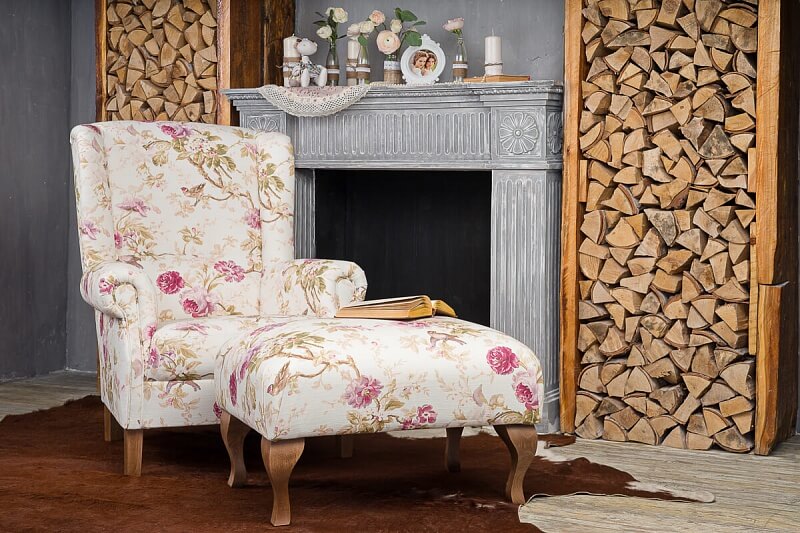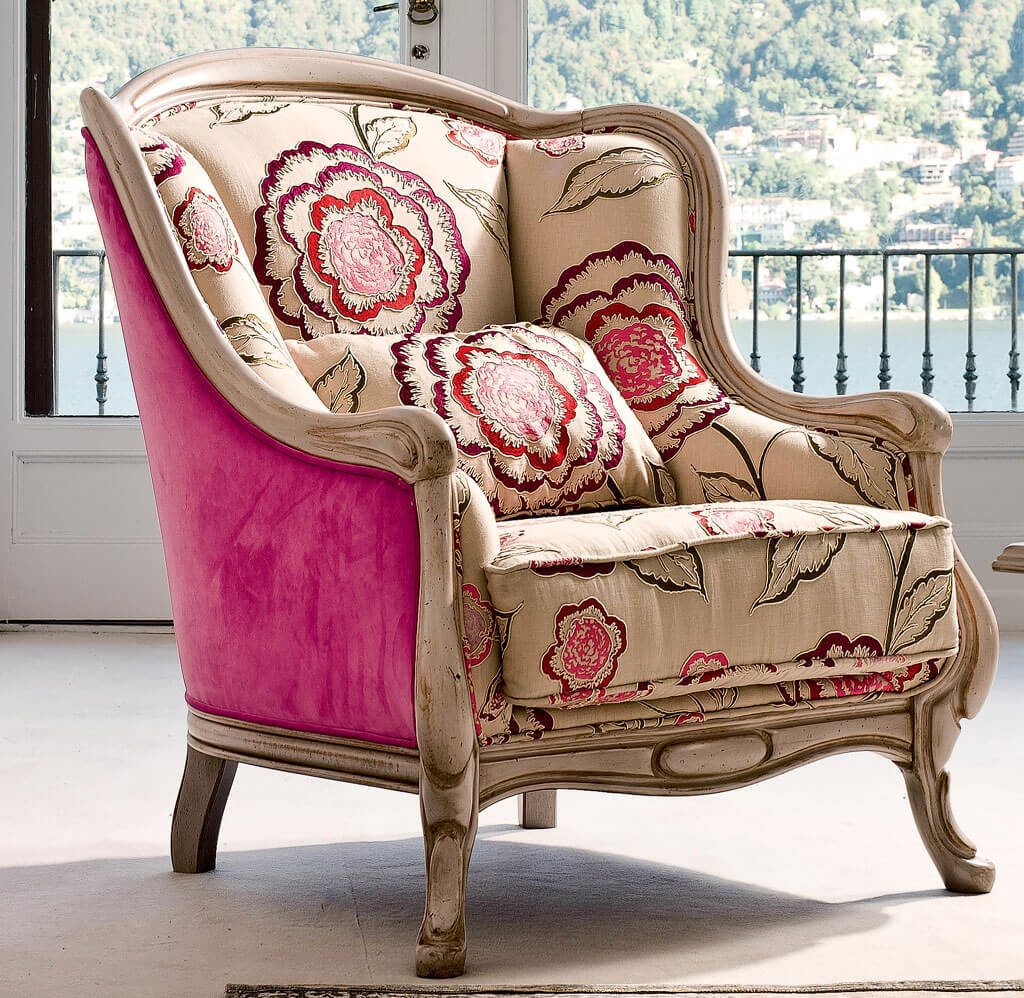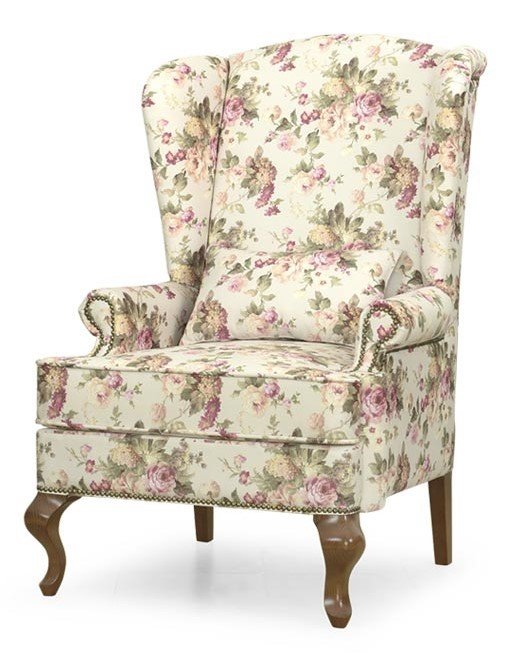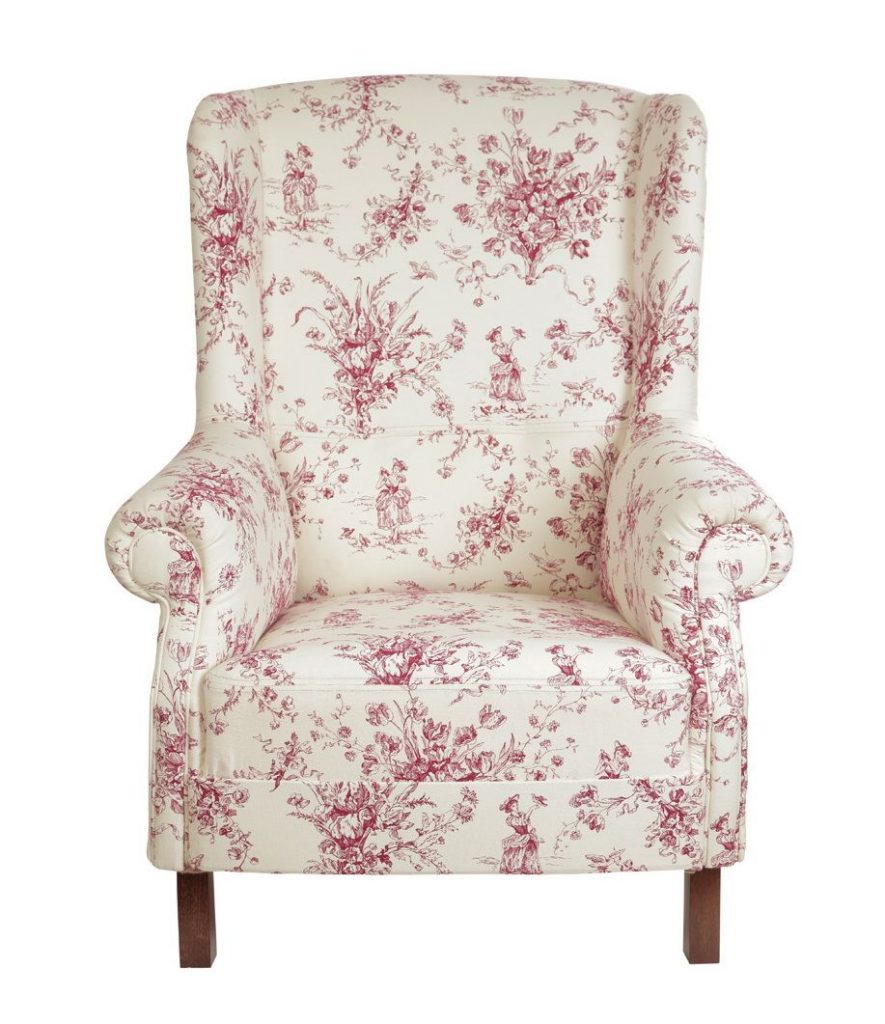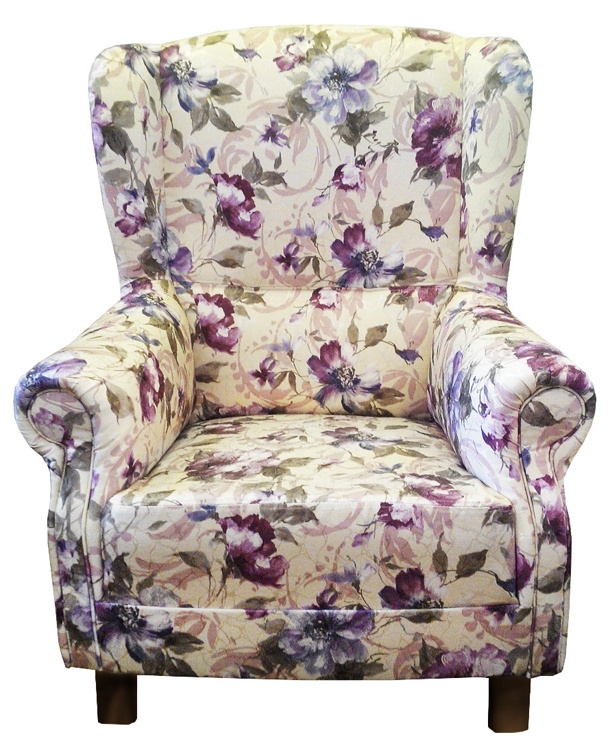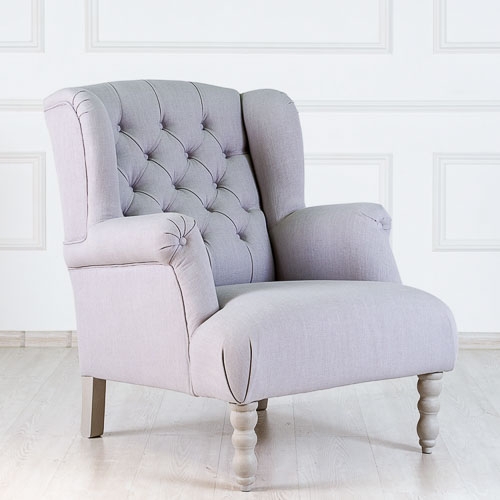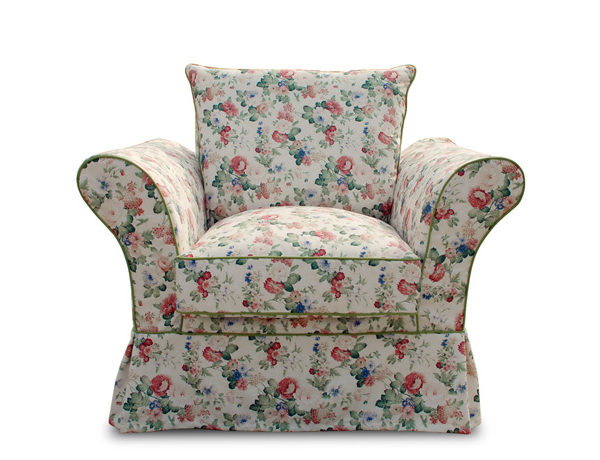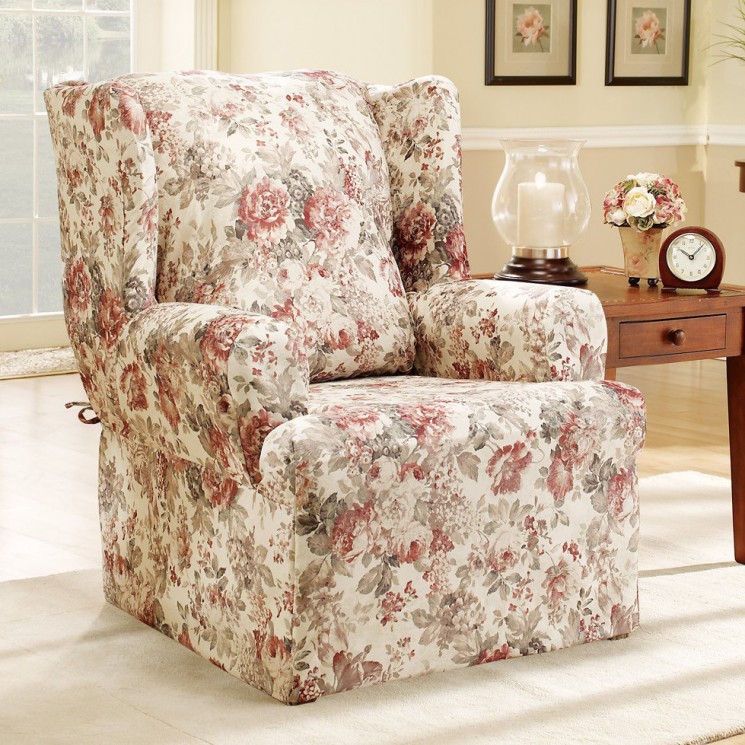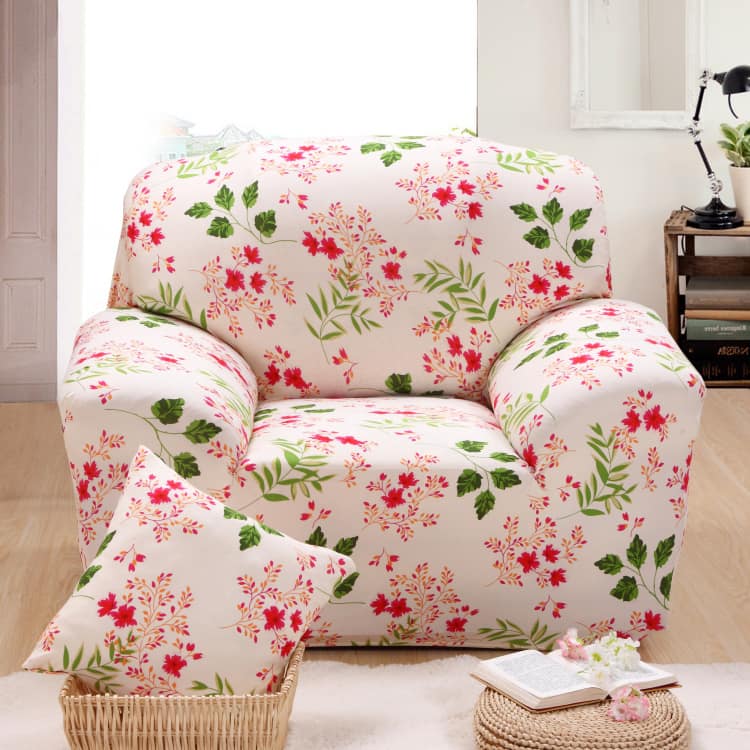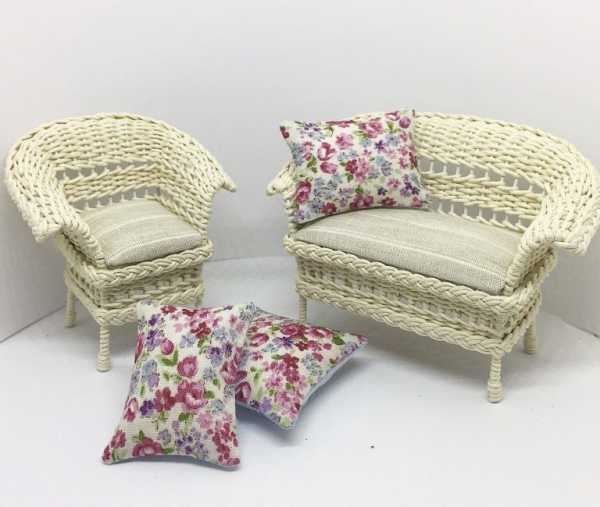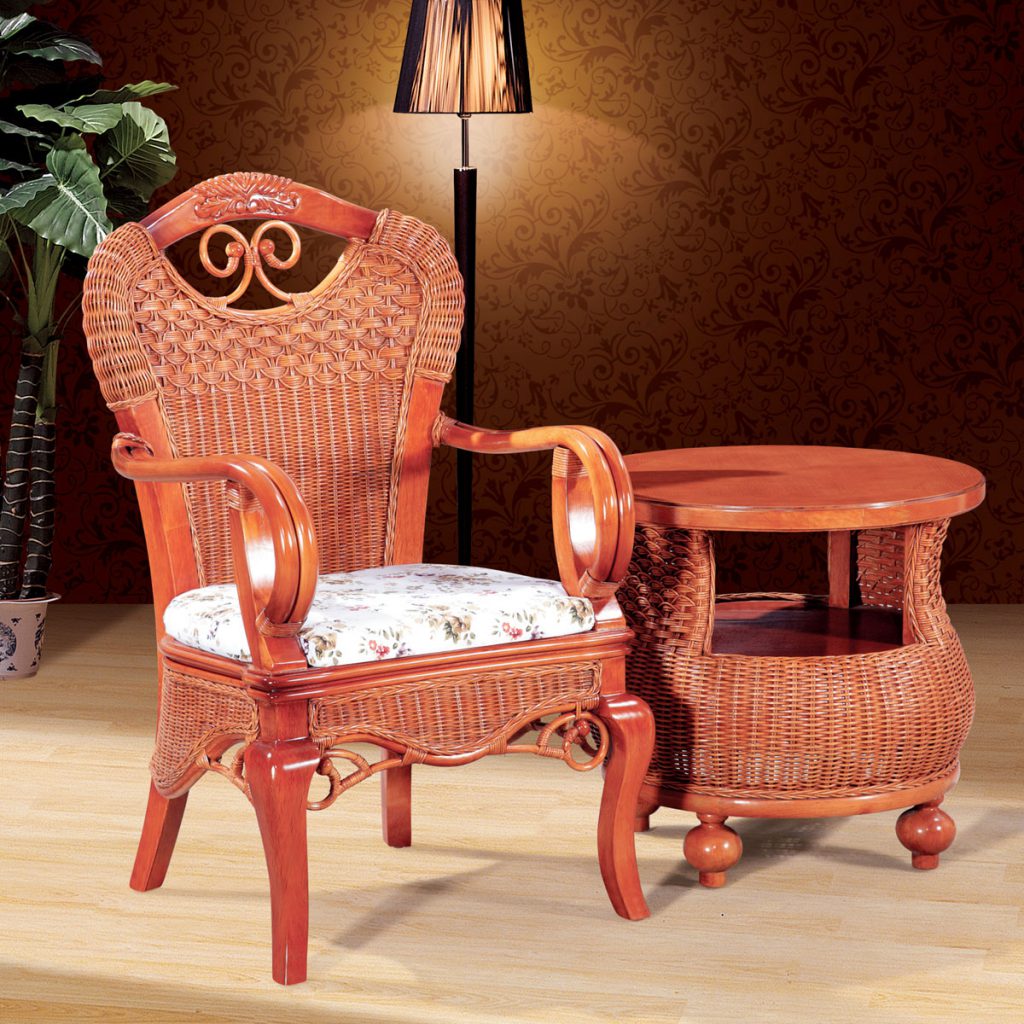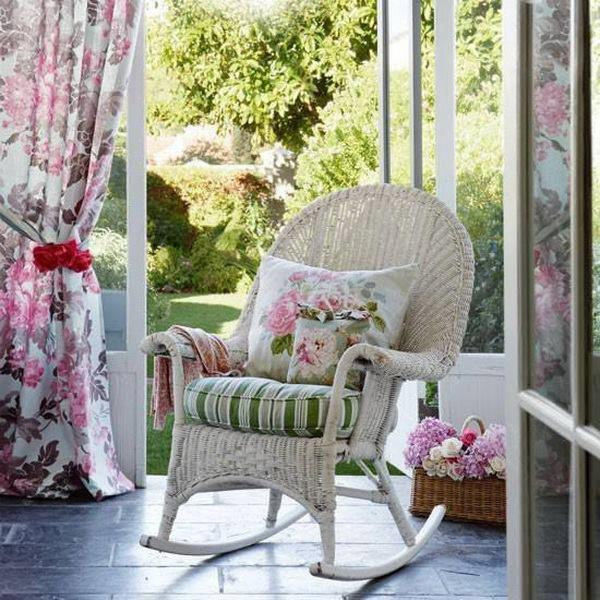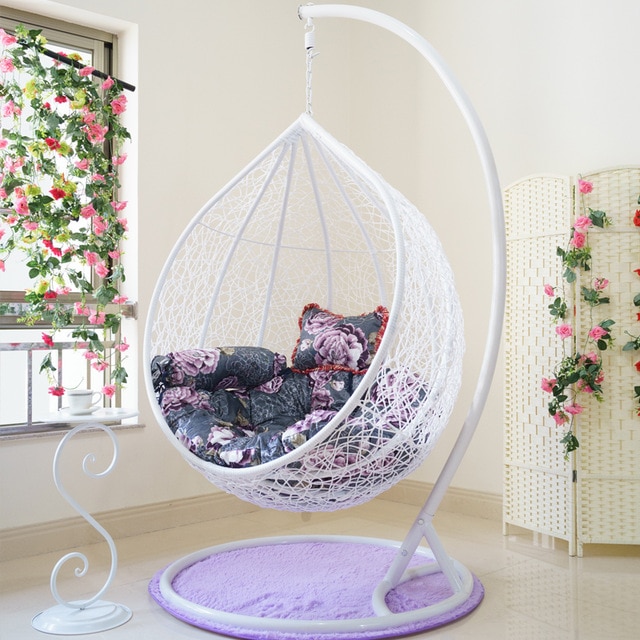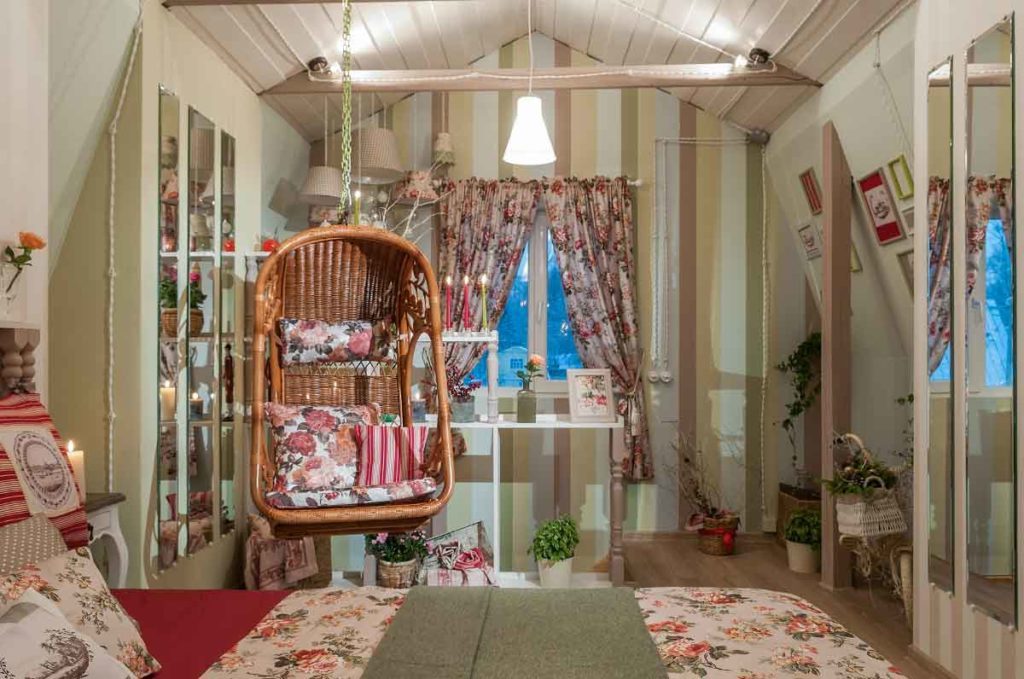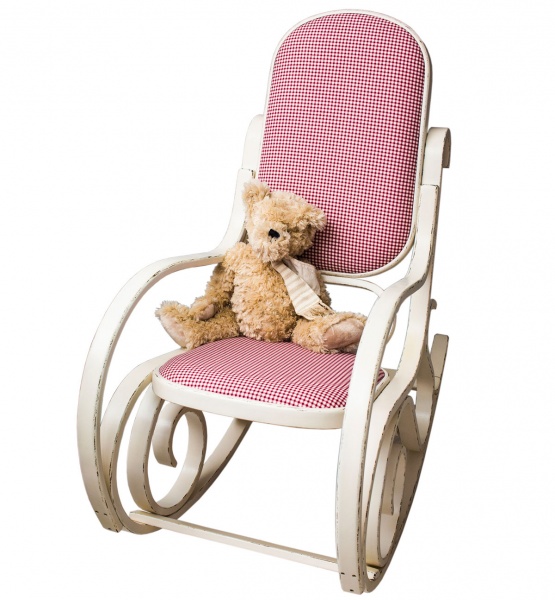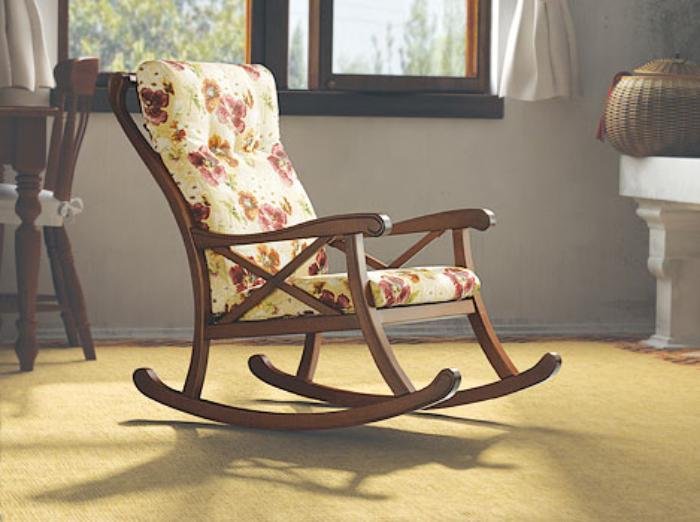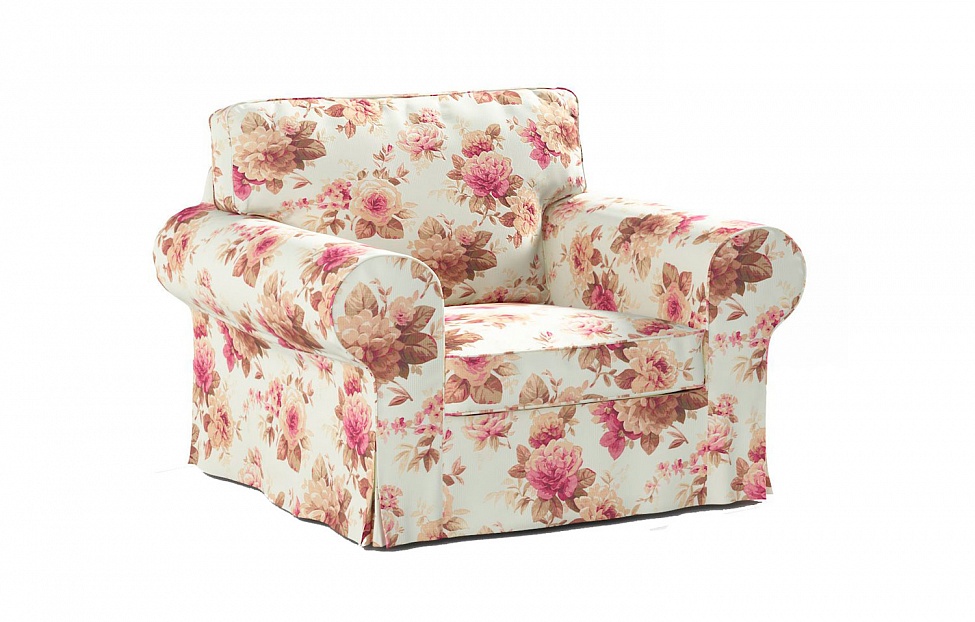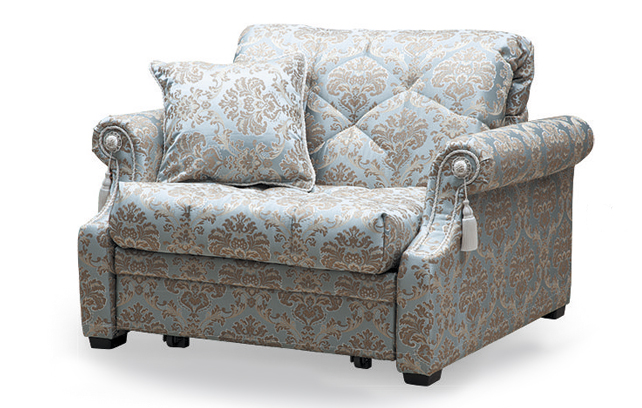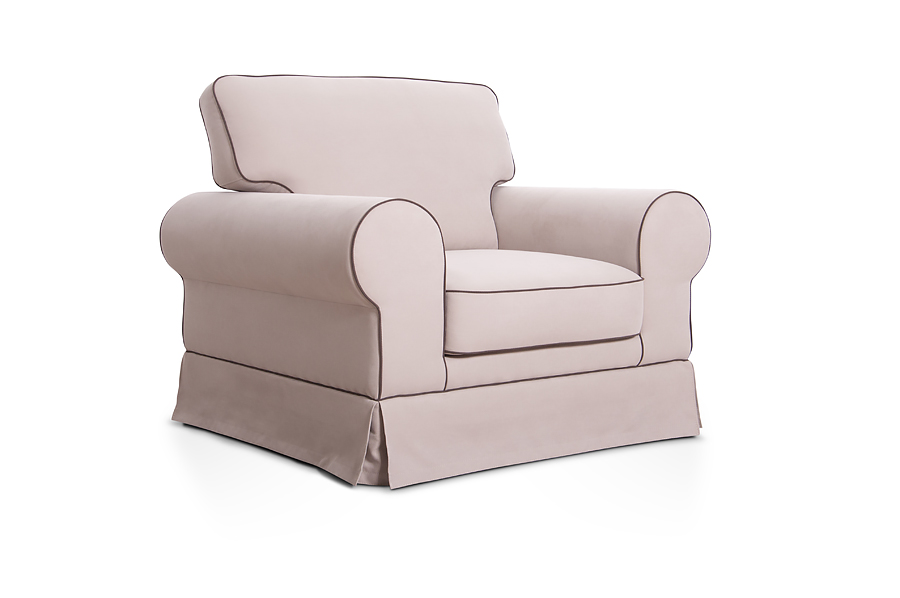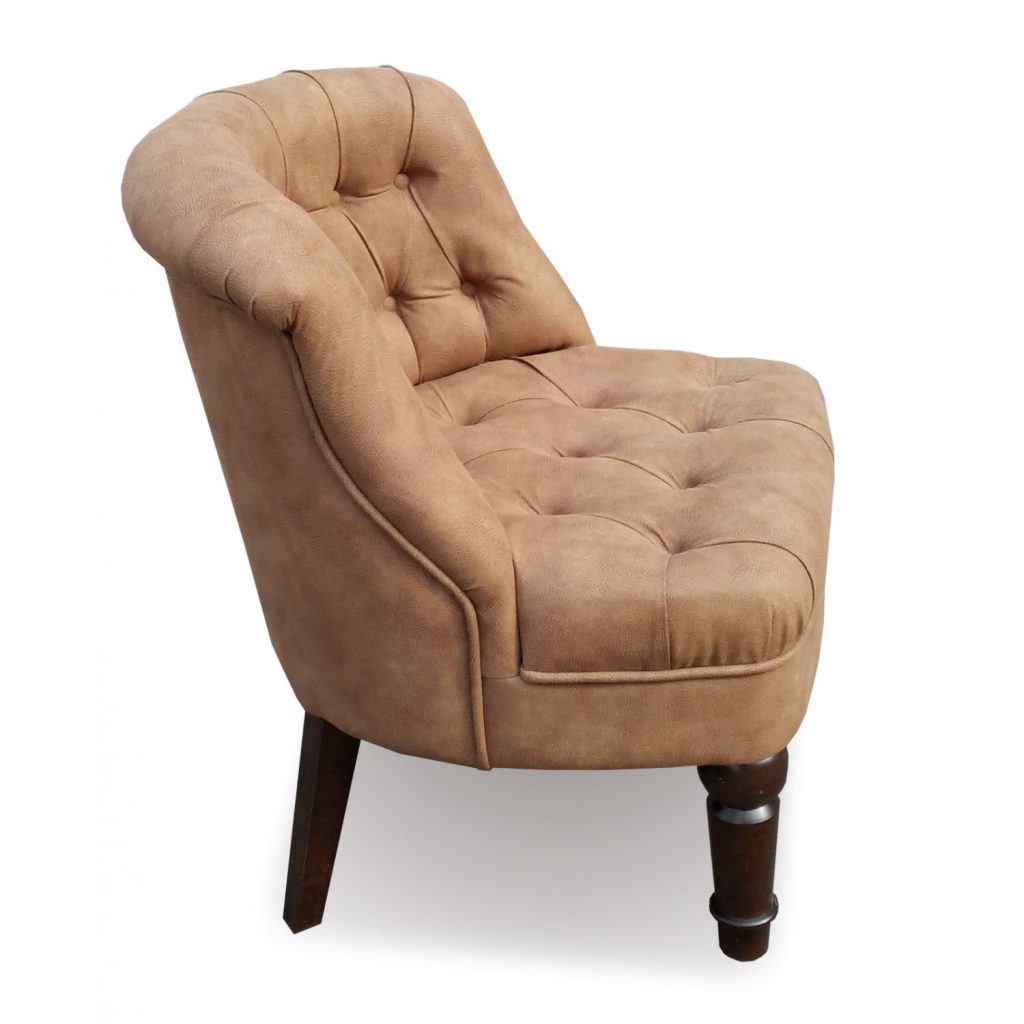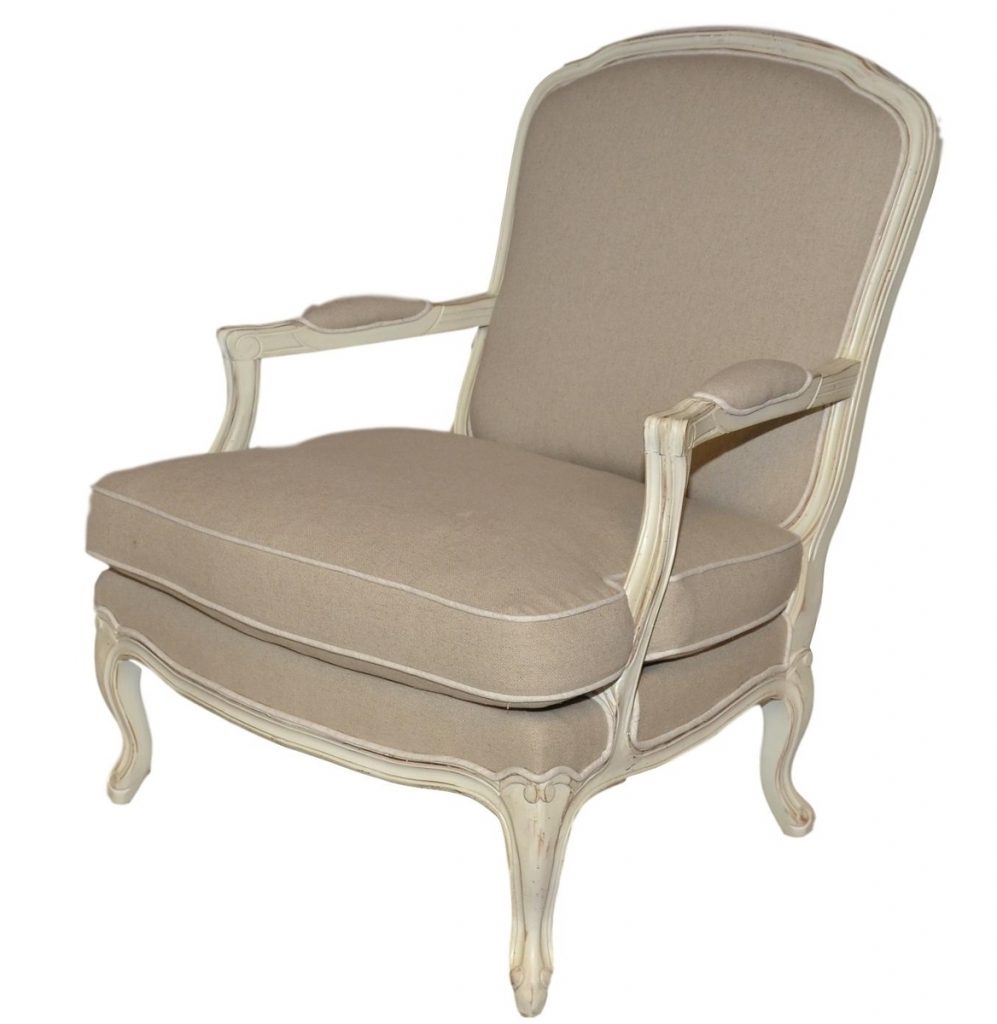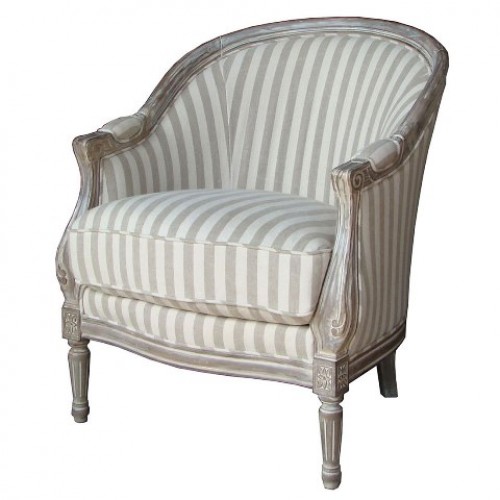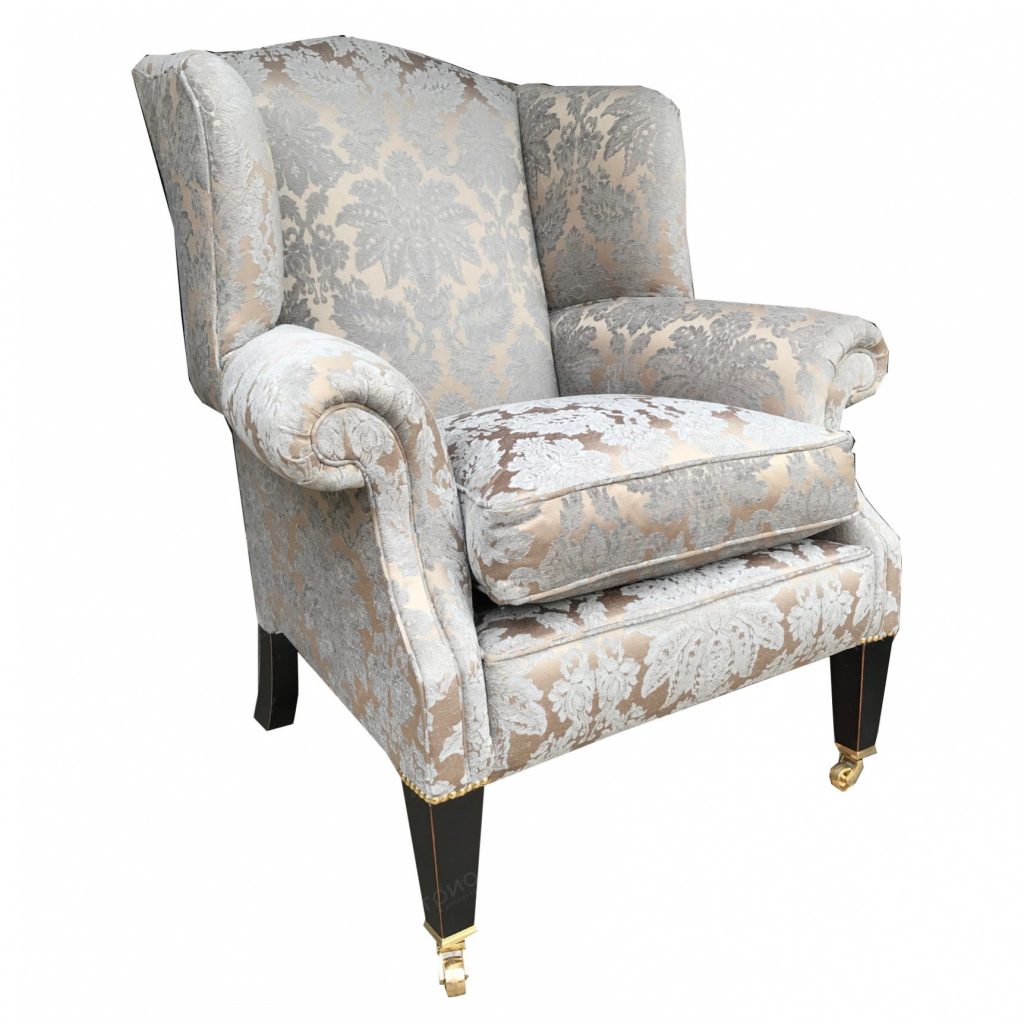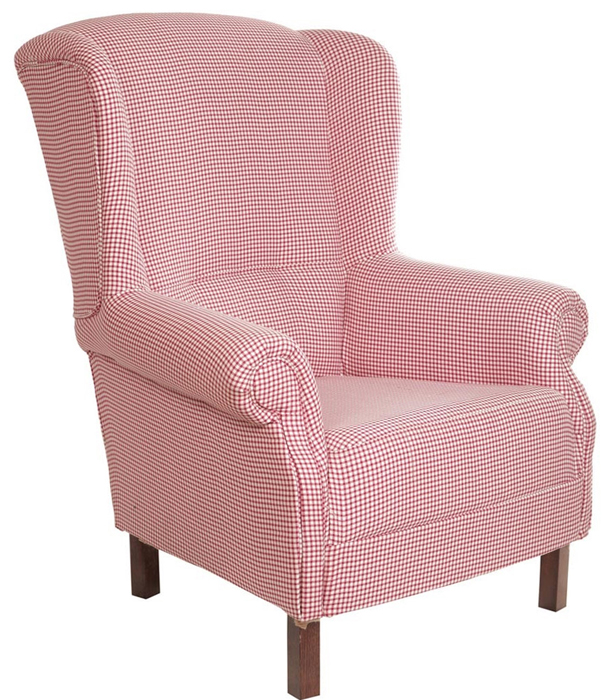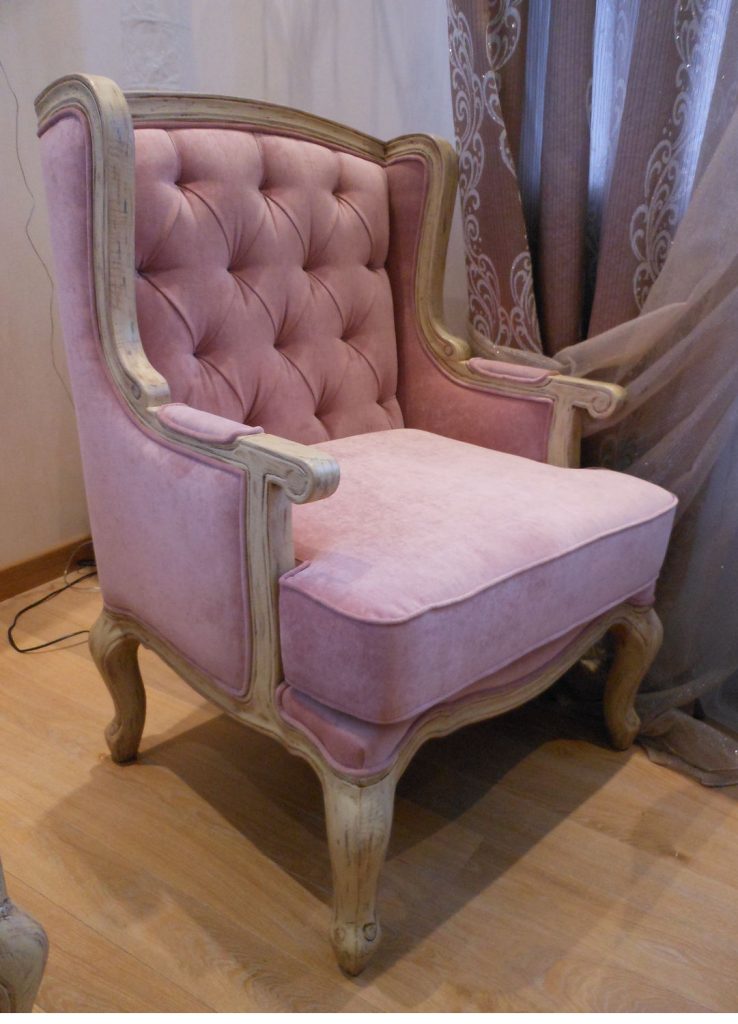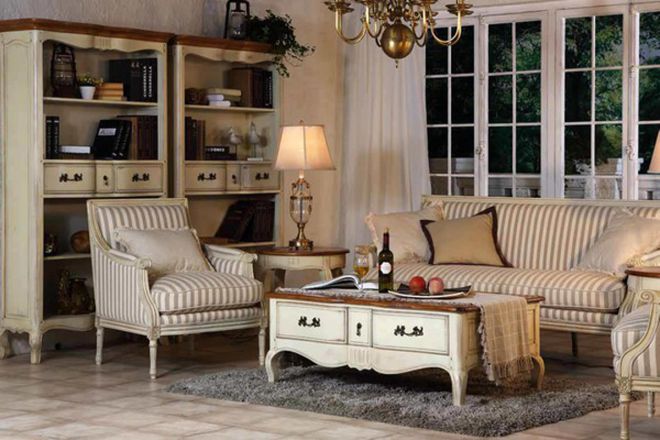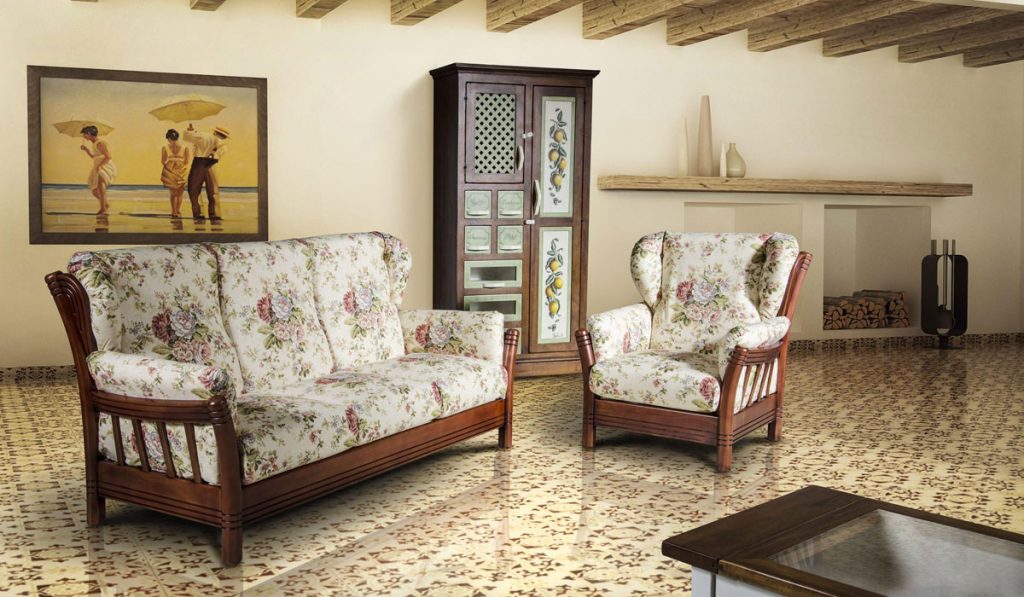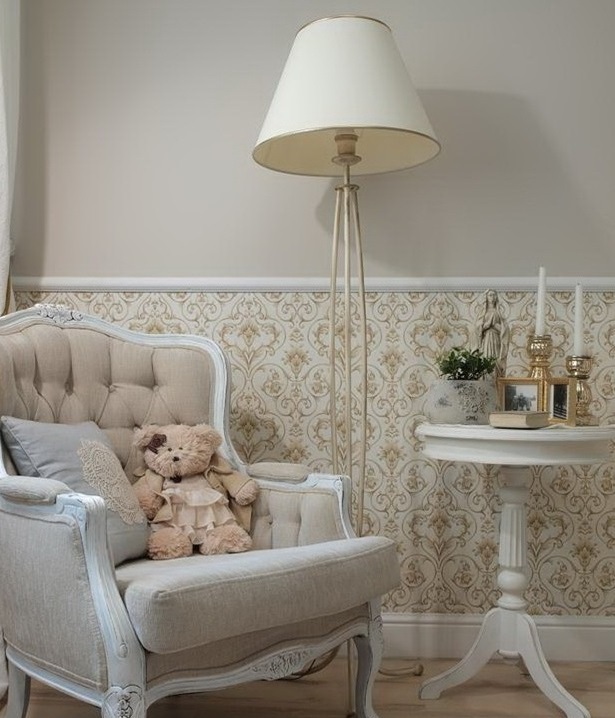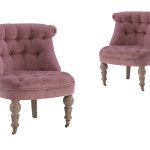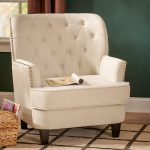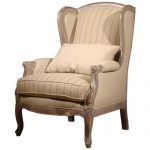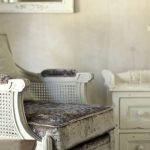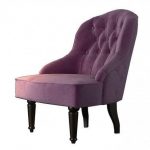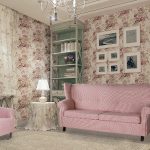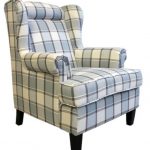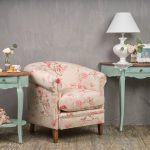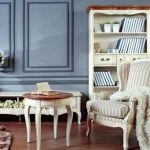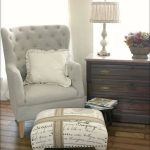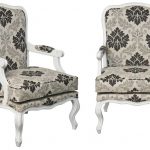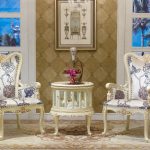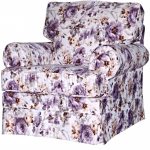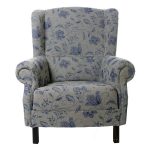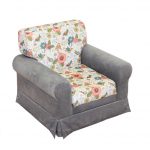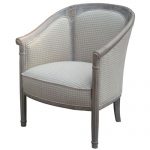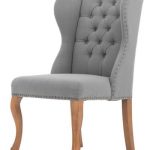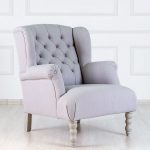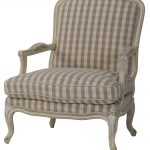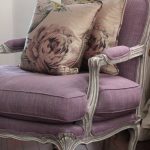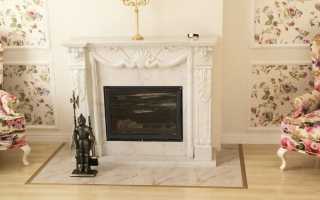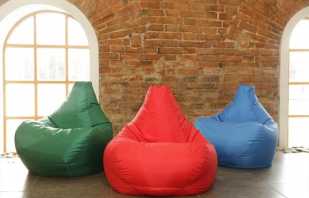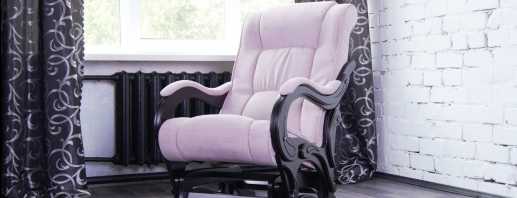Elegant armchairs in the style of Provence, especially the combination with the interior
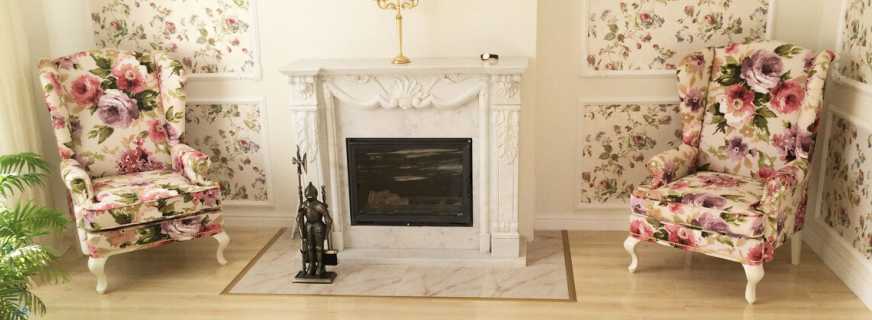
Provence style attracts with sophistication, peace and simplicity. The bright colors of southern France, sun-drenched lavender fields, flowering meadows, olive groves - all of them are embodied in this unusual direction. You can long and carefully recreate the spirit of Provence in your home, and then instantly spoil the whole picture with a poorly selected sofa or chair. Only when the upholstered furniture is in harmony with the general environment, the room becomes truly comfortable and cozy. What should be a chair in the style of Provence, and how to use it to recreate the tranquility of village life in a city apartment, it is important to understand at the planning stage. There can be many options for the execution of such furniture - from plain pastel-colored cotton upholstery to an antique floral print on linen.
Content
Distinctive features of style
Any furniture related to the Provence style is not elaborate. It looks simple and harmonious, radiates comfort and does not bother with time. It is not surprising that the direction originated in the XVII century. At that time, many people dreamed of escaping from the bustle of urban classicism to a calm and elegant village life.
Provence is difficult to confuse with other directions, as it has a number of distinguishing features:
- Naturalness. When decorating, fabrics made from natural materials, wood, living plants are used. Plastic furniture is almost never used.
- The tendency to romantic naivety. Provence gravitates to a large number of wraps, shuttlecocks, ruffles, multilayer curtains. Paintings in wooden frames are hung on the walls, suitable subjects are birds, animals, flowers, food and wine, scenes from village life.
- Bright hues. Quiet pastel shades are often used. The interior does not accept bright yellow, saturated orange, red or blue.
- Smooth lines. The furniture is characterized by soft contours, many forms are close to rococo, but do not provide for elaborate decor, look more restrained.
- Sophistication. Simplicity for the French is the epitome of unique charm and grace. This is what Provence is different from country. The design of the room resembles an urban style, but with a touch of refined conciseness.
- Vintage elements. When decorating the premises, brushing and aging methods are successfully applied. New things are given the look of "antique".
- The abundance of white. It is usually used for finishing surfaces, furniture elements, furnishings, and decorations.
- Furniture decor. Valid forged elements, small hand-painted, thin mill on the contours, inserts made of porcelain.
- Practicality.The interior excludes random details. Each element has its own purpose. Products that are designed to purposelessly fill the space or serve as some kind of additional decoration are not suitable.
When choosing the right furniture for the kitchen, bedroom or living room, one should not forget about antiquity. Scuffs on the back of chairs, peeling paint, chips, bumps and other “traces of time” - all these features are important for the harmonious design of rooms in the Provence style.
Varieties
Armchairs Provence standardly differ among themselves in design, material of manufacture, purpose. Most often, this cozy furniture is used in the living room or bedroom, where it is intended for a comfortable stay, watching TV shows, reading or accommodating guests. Some models of chairs can be laid out, transforming into a full single place, others perform an exclusively decorative function.
Classic wooden model with 4 legs
The furniture consists of a wooden base, soft fabric upholstery, 4 exquisitely curved legs. Decor elements are light carving, plain curly balusters and armrests. Soft high backs are created using a carriage screed, wooden elements are artfully aged. Another feature of such a chair in the Provence style is its compact size, this furniture never looks bulky. Such a model is suitable for decorating the living room, kitchen, hallway.
Soft
Cozy soft armchairs with textile upholstery are ideal for the bedroom and living room. Leaning back, you can relax, relax, read a book. The metal frame will be the key to the durability of the furniture, ideally it is made by forging. The soft seat creates comfortable conditions for placement in the chair. The legs are made of wood, provide a slightly curved shape. The surface is covered with patina or transmits a natural color of wood.
Wicker
Usually wicker patterns are slightly wider than the classic ones, so in such a large and cozy design it is ideal to relax after a hard day. Some models of chairs are stable, others are equipped with a swing mechanism. Additional accessories that ennoble wicker furniture are plaids and soft pillows. Such a chair organically looks on the balcony or porch.
Hanging
Wicker patterns made of natural rattan or vines, painted in bright colors, will be the main emphasis in the interior of the living room and bedroom. Furniture is attached to the ceiling, can swing or hang motionless. Often, hanging chairs are used to decorate country houses, balconies, terraces.
Rocking chair
Typically, such chairs are completely made of wood, sometimes upholstered in fabric. Models can have different shapes, but they always show a touch of rustic simplicity. Instead of 4 legs, the furniture has a pair of curved “rails”. A rocking chair will be an ideal option for a bedroom, a living room, a nursery or a terrace.
Folding
Furniture can replace a berth if necessary. Usually folding chairs are large, provide soft upholstery, necessary for a good rest. Legs and structural elements are not visible. The use of folding armchairs in the Provence style is relevant for the bedroom, guest room.
All armchairs made in the spirit of Provence are made from natural materials and painted in natural tones. The use of eco-leather, fiberglass, plastic, as well as lurid prints and bright colors is unacceptable.
Materials
Elegant Provence style furniture is always made from natural materials:
- Tree. Hardwood or wood of medium hardness is suitable - raw materials that lend themselves well to processing. Often this is oak, ash, birch, pine, cherry. All wooden elements are given a whitened appearance, sometimes they are varnished with the effect of antiquity.
- Wood boards. Rarely used, only those species that belong to the highest grade.
- Plywood.It is created by pressing natural veneers. In the manufacture of furniture in the style of Provence, it serves to install side panels and partitions.
- Metal. It is relevant for the production of outdoor chairs and garden models. At home, less common. In the Provence style, openwork art forging is appropriate.
- Crystal, porcelain, tempered glass. These materials are used only for additional inserts. Rather, they can be attributed to the refinement, rather than tradition.
When choosing a suitable upholstery, attention is primarily drawn to its color. This is important because in the Provence style only certain tones are relevant:
- Blue and pink. Usually only one of these colors is used, while it is actively diluted with white.
- Shades of blue. This may include light purple, purple, pale lilac.
- Beige. All colors are suitable: cream, cream, cocoa with milk, ivory, sand. Light brown and natural woody shades are equally popular.
- Olive. Only gentle tones are appropriate, dark green ones are not used.
- Gray.
As for textiles, it must be natural, a small inclusion of synthetics is permissible:
- Satin Pretty dense fabric with a sliding top layer. The material looks attractive, does not crease and does not deform, freely passes air.
- Velvet. Such fabric is especially respected by the French. The only drawback is the tendency to accumulate dust, but it can be neutralized by treating the surface with antistatic agents.
- Jacquard. Textiles with voluminous double-sided patterns are perfect for creating original upholstery. Jacquard needs a careful attitude, otherwise small puffs will form on it.
- Cotton. It freely passes air, but can roll up and sit down after contact with water. It is better to use a fabric with a minimum amount of artificial fibers, which will have a beneficial effect on the practicality and durability of furniture.
- Natural dyed linen. Textured material, has a pronounced pattern. The fabric is especially pleasant tactile during the summer heat. Flax does not cause allergies, has high strength, quickly absorbs moisture.
- Velveteen. Looks great in the interior thanks to special overflows and embossed scars. Velveteen is durable, but, like velvet, attracts dust and small specks.
Leather and flock are extremely rarely used for upholstery in Provence style furniture. The coating should be comfortable, painted in calm neutral tones. A delicate floral ornament is relevant.
How to fit into the interior
Provence fits into the design of the room with the help of additional furniture, accessories, decorative elements. There are several options that will help beat him in the interior:
- Window. A chair with soft pillows will look great near a window opening decorated with light air curtains. Cotton, batiste, satin and other translucent natural fabrics dyed in light colors are used to create suitable curtains. To achieve harmony, repeating elements are used. So, the color or patterns on the chair should be combined with the design of the curtains.
- Coffee table. Most often, chairs are located next to a small elegant table. In such an environment it will be convenient to relax, drink coffee, chat with loved ones.
- Decorative elements. To highlight the general style of Provence, numerous accessories are used. Small chests of drawers are installed on the wall, where there is an easy chair, and on them are porcelain figurines, cute caskets, wrought iron candlesticks. Family photos are placed on the wall in wooden frames.
A cozy chair in the Provence style provides comfortable conditions for work and leisure, suitable for decorating any room. Each of his models is elegant, simple and elegant, does not take up much space, but always attracts attention, creates a serene atmosphere and gives a feeling of spiritual lightness.
Video


